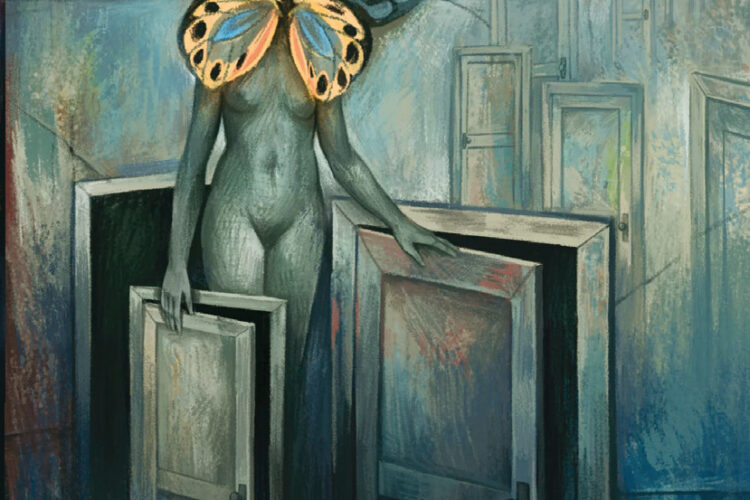Alchemy has captivated human imagination for centuries, conjuring images of magical change, secret wisdom, and the elusive philosopher’s stone. Yet beneath these myths lies a profound philosophical and psychological tradition—one that Paul Kiritsis brings vividly to life in his insightful book The Riddle of Alchemy. Drawing on his extensive background in clinical psychology, English literature, and the history of science, Kiritsis offers a unique interdisciplinary perspective that encourages readers to view alchemy not merely as an ancient curiosity but as a meaningful, ongoing human pursuit.
In The Riddle of Alchemy, Kiritsis traces the roots of alchemical thought from the mysticism of ancient Egypt and Hellenistic Alexandria through to medieval Europe and the Renaissance. He highlights how alchemy functioned both as a precursor to modern science and as a spiritual philosophy. Within this multifaceted tradition, disciplines like metallurgy, cosmology, medicine, and mysticism intersected—where transforming physical substances symbolized the deeper transformation of the self. Kiritsis goes beyond a simple historical overview; he deciphers the complex symbols and ideas, linking them to psychological and philosophical themes that continue to resonate today.
A standout feature of the book is its examination of alchemy through the framework of depth psychology, particularly the work of Carl Jung. Kiritsis explores Jung’s theory that the alchemical process parallels individuation—the harmonizing of conscious and unconscious parts of the psyche. Through evocative analyses of alchemical manuscripts such as the Splendor Solis, Kiritsis presents these ancient images not as outdated curiosities but as vibrant metaphors for the human journey toward wholeness. This approach offers readers a fresh, accessible way to understand how alchemy still influences contemporary psychology, personal growth, and spiritual exploration.
Kiritsis also invites readers to reconsider alchemy’s place in science—not by embracing pseudoscience, but by questioning the boundaries of a strictly materialist worldview. He provocatively suggests that alchemical concepts might still hold valuable insights for emerging scientific ideas. This thoughtful blending of historical rigor, psychological insight, and philosophical reflection is what makes The Riddle of Alchemy such a compelling and original work.
Praised by critics as “a well-written, expertly researched analysis of the history and legacy of alchemy” (Kirkus Reviews), Kiritsis’ book stands out for its clarity, passion, and reverence for its subject. For anyone intrigued by the mysteries of transformation—both outer and inner—The Riddle of Alchemy is a must-read.
Purchase The Riddle of Alchemy by Paul Kiritsis on Amazon here: https://www.amazon.com/Riddle-Alchemy-Paul-Kiritsis-ebook/dp/B0DM1HY2GV.
Watch the book trailer:


